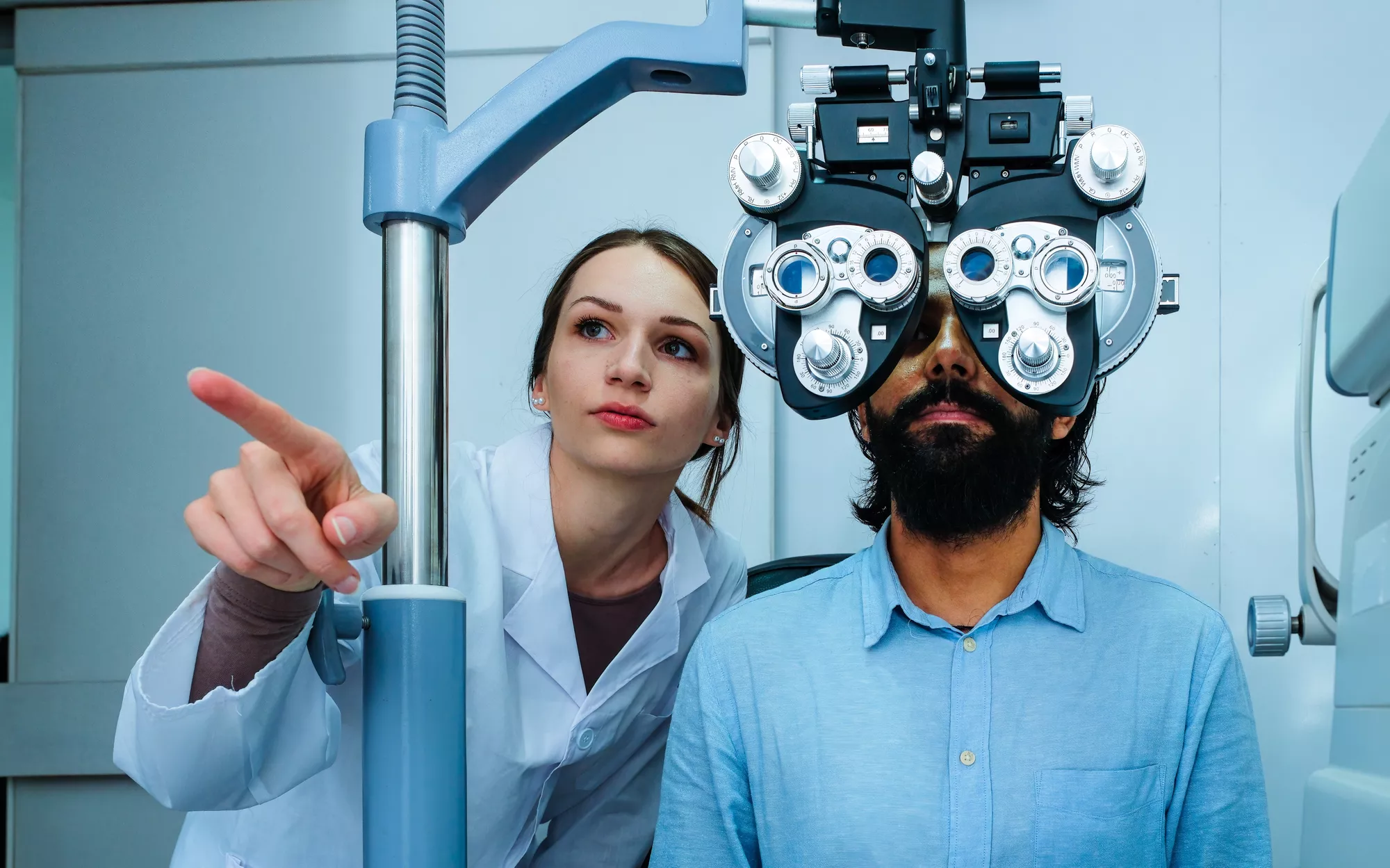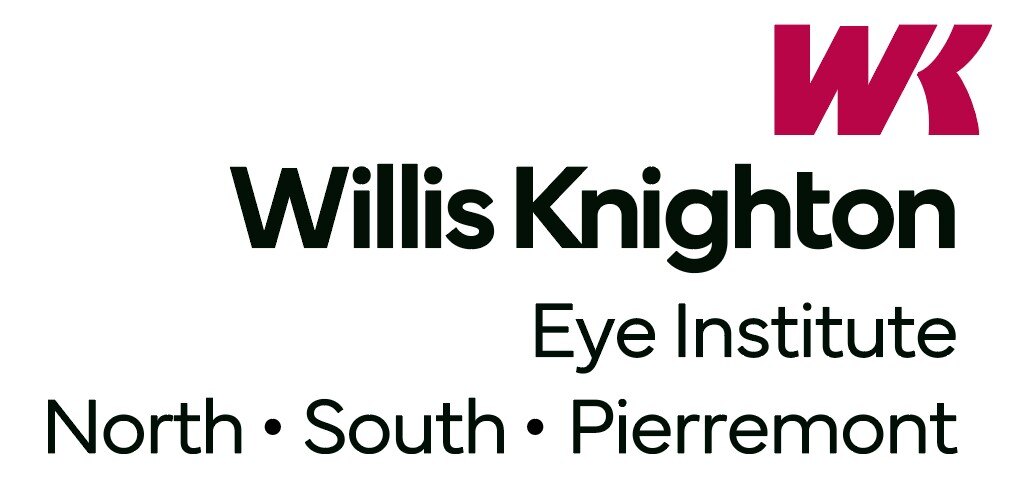Choosing the right cataract surgeon is crucial for optimal surgical outcomes and patient satisfaction. This guide delves into the essential criteria and questions necessary for evaluating potential cataract surgeons, ensuring you make an informed decision. From understanding a surgeon’s qualifications and experience to assessing their technological proficiency and patient feedback, we cover all the key aspects to consider. Armed with the right information, you can confidently select a cataract surgeon who meets your needs and expectations.
Key Qualifications to Look for in a Cataract Surgeon
When selecting a cataract surgeon, several key qualifications must be considered to ensure high-quality care and successful outcomes. First and foremost, board certification is essential. This certification indicates that the surgeon has met rigorous standards set by the medical community and maintains up-to-date knowledge in their field.

- Board Certification: Verify that the surgeon is certified by a reputable board such as the American Board of Ophthalmology.
- Specialized Training: Look for surgeons who have completed additional training, specifically in cataract surgery and eye care.
- Years of Experience: Experience matters. A seasoned surgeon likely has handled a wide range of cases and can manage complications effectively.
Furthermore, a strong educational background and commitment to continuous professional development are critical. These factors demonstrate a surgeon’s dedication to their practice and their patient’s well-being. Always choose a surgeon who actively participates in ongoing education and adopts the latest advancements in their field.
Technological Proficiency and Equipment
The integration of advanced technology and state-of-the-art equipment plays a crucial role in enhancing the precision and outcomes of cataract surgeries. Cataract surgeons who utilize modern tools are better equipped to perform procedures with higher accuracy, which is essential for optimal vision restoration. Technologies such as laser-assisted cataract surgery and advanced intraocular lenses are indicators of a surgeon’s commitment to leveraging the latest advancements in the field.
- Laser-Assisted Technology: This allows for more precise incisions and can reduce complications, improving recovery times.
- High-Quality Intraocular Lenses (IOLs): The use of premium IOLs can significantly affect visual outcomes, offering patients a range of vision benefits.
Patients should inquire about the technology available at a surgeon’s practice and how it is used to enhance surgical results. Choosing a surgeon who invests in cutting-edge technology not only reflects their dedication to providing the best care but also their ability to deliver superior results.
Patient Reviews and Testimonials
Patient reviews and testimonials are invaluable resources when choosing a cataract surgeon. They provide insights into the surgeon’s ability to deliver not only successful surgical outcomes but also a positive patient experience. Reviews often highlight aspects of the surgeon’s practice that are not immediately apparent, such as bedside manner, staff professionalism, and follow-up care quality.
- Interpreting Feedback: Look for patterns in reviews that speak to the surgeon’s expertise, reliability, and patient care standards.
- Identifying Recurring Themes: Pay attention to consistent comments regarding the surgeon’s approach to patient care, the effectiveness of the surgery, and the support provided during recovery.
Evaluating this feedback helps gauge overall satisfaction and can be a deciding factor in choosing the right surgeon. It is important to read a wide range of reviews to get a balanced understanding of each surgeon’s strengths and areas for improvement.
Questions to Ask During Consultation
During consultations with cataract surgeons, it’s crucial to ask specific questions that will help you understand their approach and what to expect from the surgery and recovery process. These inquiries will assist you in making an informed decision and setting realistic expectations for both the procedure and its outcomes.

- Surgeon’s Approach: “Can you describe your typical procedure for cataract surgery?”
- Potential Risks: “What are the common complications, and how frequently do they occur?”
- Recovery Expectations: “What should I expect during the recovery period, and how long will it take?”
- Personalized Care Plans: “How do you tailor the surgery and follow-up care to individual patient needs?”
These questions not only provide clarity on the surgical process but also reveal the surgeon’s commitment to personalized patient care and their ability to handle any potential complications.
Making Your Decision
Selecting the right cataract surgeon is a decision that significantly impacts your visual health and quality of life. It is essential to consider a surgeon’s qualifications, experience, technological proficiency, and patient satisfaction ratings. During your consultation, asking the right questions about the surgeon’s approach, potential risks, and personalized care plans will further aid in making an informed choice. For more detailed information and to schedule a consultation with a top cataract surgeon, visit WK Eye Institute. This decision is not just about restoring vision; it’s about enhancing your life.



